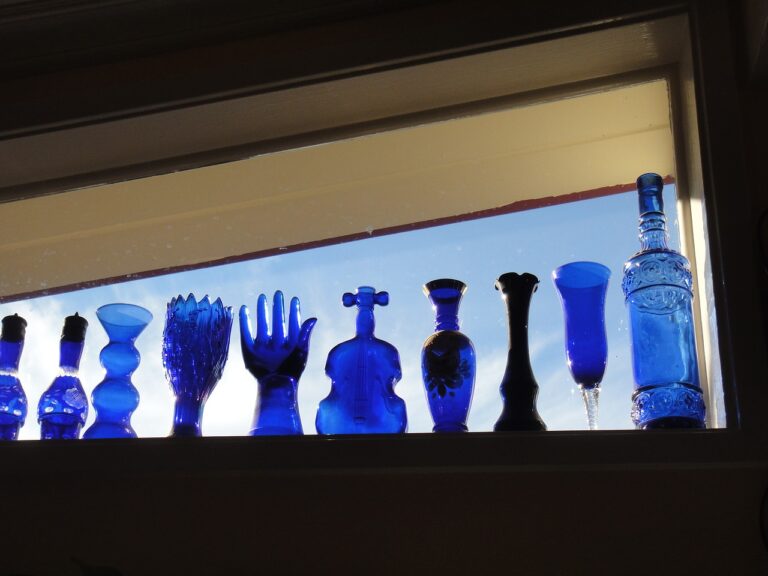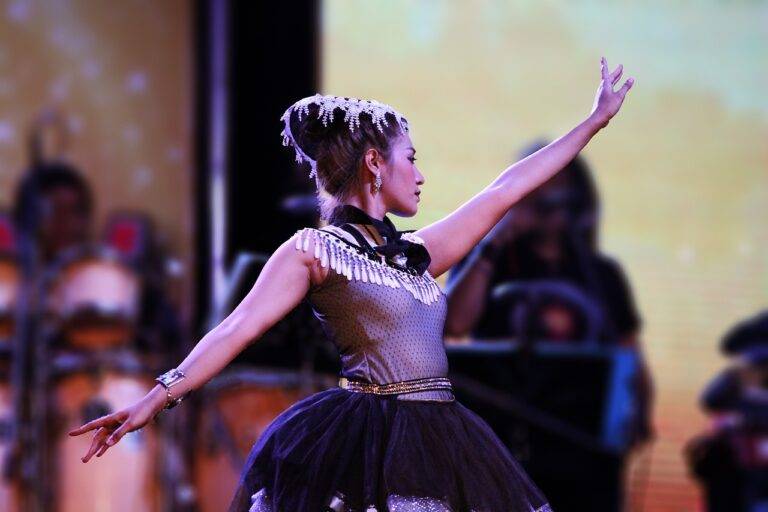The Influence of Tea on Global Literature: From Poems to Novels: 11xplay, Tigerexch247 login, Booki bet
11xplay, tigerexch247 login, booki bet: Tea, a simple drink made by steeping tea leaves in hot water, has had a profound influence on global literature. From poems to novels, writers across the world have been inspired by the cultural significance and ritualistic nature of tea. Let’s explore how tea has shaped literature throughout history.
The Tradition of Tea in Eastern Literature
Tea has played a central role in Eastern literature for centuries. In China and Japan, tea ceremonies have been a significant part of cultural and social rituals. The act of preparing and serving tea has been celebrated in poetry and literature, symbolizing harmony, respect, and tranquility.
Tea in British Literature
In the 18th and 19th centuries, tea became a symbol of British colonial power and influence. British writers, such as Jane Austen and Charles Dickens, often depicted tea as a marker of social status and wealth. The ritual of afternoon tea became a cultural institution in England, inspiring numerous novels and plays.
Tea in Russian Literature
In Russia, tea holds a special place in the hearts of its people. The tradition of drinking tea with jam or pastries is a common practice, often depicted in the works of famous Russian writers like Leo Tolstoy and Fyodor Dostoevsky. Tea symbolizes hospitality, warmth, and comfort in Russian literature.
Tea in American Literature
In the United States, tea has been portrayed in various ways in literature. From the iconic Boston Tea Party to modern-day tea ceremonies, American writers have explored the cultural and historical significance of tea. Authors like Louisa May Alcott and Alice Walker have incorporated tea rituals into their works, highlighting themes of tradition and connection.
The Influence of Tea on Poetry
Tea has also influenced poetry throughout the ages. Poets from different cultures and time periods have used tea as a metaphor for life, love, and spirituality. From the haikus of Japanese poets to the sonnets of English writers, tea has been a recurring motif in the world of poetry.
Tea in Modern Literature
In contemporary literature, tea continues to play a significant role. Writers today often use tea as a symbol of introspection, meditation, and mindfulness. Novels like “The Tea Girl of Hummingbird Lane” by Lisa See and “The Story of Tea” by Mary Lou Heiss explore the cultural and historical significance of tea in modern society.
FAQs
Q: Can you recommend some classic novels that feature tea prominently?
A: Sure! Some classic novels that prominently feature tea include “The Importance of Being Earnest” by Oscar Wilde, “The Picture of Dorian Gray” by Oscar Wilde, and “Alice’s Adventures in Wonderland” by Lewis Carroll.
Q: How has the portrayal of tea in literature evolved over time?
A: The portrayal of tea in literature has evolved from a symbol of social status and colonial power to a symbol of tradition, connection, and mindfulness. Writers today often use tea as a metaphor for contemplation and introspection.
In conclusion, tea has left a lasting mark on global literature, inspiring writers to explore themes of tradition, culture, and connection. Whether depicted as a symbol of status or a metaphor for life, tea continues to weave its way through the pages of poetry and novels, enriching the literary landscape for generations to come.







